Semantic Scholar AI is a cutting-edge research tool designed to assist academics, researchers, and professionals in navigating the vast expanse of scientific literature. Powered by advanced artificial intelligence technologies, this tool is developed by the Allen Institute for AI.
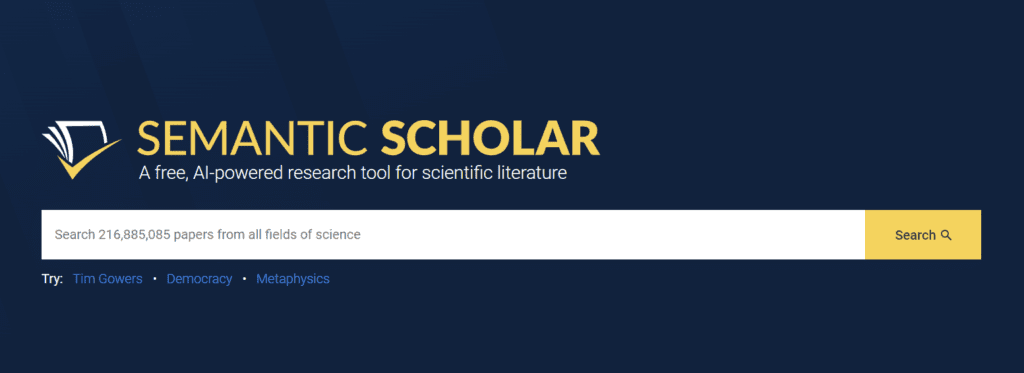
Semantic Scholar AI use natural language processing (NLP) and machine learning algorithms to understand the context and significance of research papers, offering a more intuitive search.
Pros
- Advanced Filtering: Provides advanced filtering options that allow users to narrow down search results by date, relevance, publication type, and field of study.
- Semantic Search Capabilities: Uses AI for contextual understanding, delivering more relevant results than keyword searches.
- Citation Graph: Offers a visual representation of how papers are interconnected.
- Free Access: The platform is freely accessible.
- Summarization Features: Automatically generates summaries of papers, saving time for researchers who need to quickly ascertain the relevance and content of a study.
Cons
- Coverage Gaps: While extensive, the database may not cover all journals and conferences, especially those in niche fields or newer publications.
- Over-reliance on AI: The AI-driven approach may sometimes overlook the nuance of highly specialized research, leading to less relevant results in complex queries.
- User Interface: Some users might find the interface less intuitive or more cluttered compared to other academic search engines.
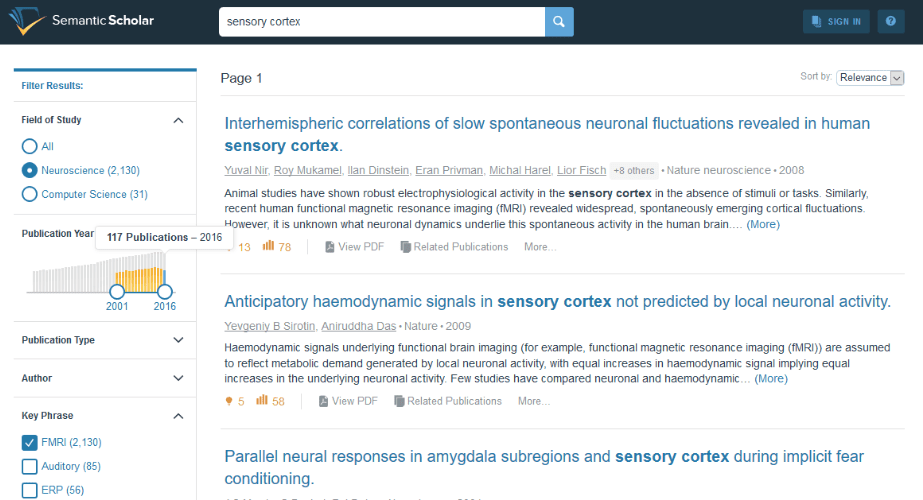
Pricing
Semantic Scholar is entirely free to use.
This accessibility is part of its mission to facilitate open scientific communication.
Use Cases
- Academic Research: Scholars conducting literature reviews can use Semantic Scholar to identify relevant studies, trace the lineage of research ideas, and stay updated on the latest developments in their field.
- Industry Research: Professionals in industries like biotech, engineering, and computer science can leverage the tool to apply the latest scientific insights to their work, fostering innovation.
- Education: Educators and students can utilize Semantic Scholar for coursework, thesis research, and general academic exploration, benefiting from its broad access to scientific literature.
Semantic Scholar AI shines as a premier tool for scientific research. Its prowess in advanced search, free access, and summarization of academic content is unmatched. Yet, users should note its limitations, including occasional journal coverage gaps and AI interpretation challenges.

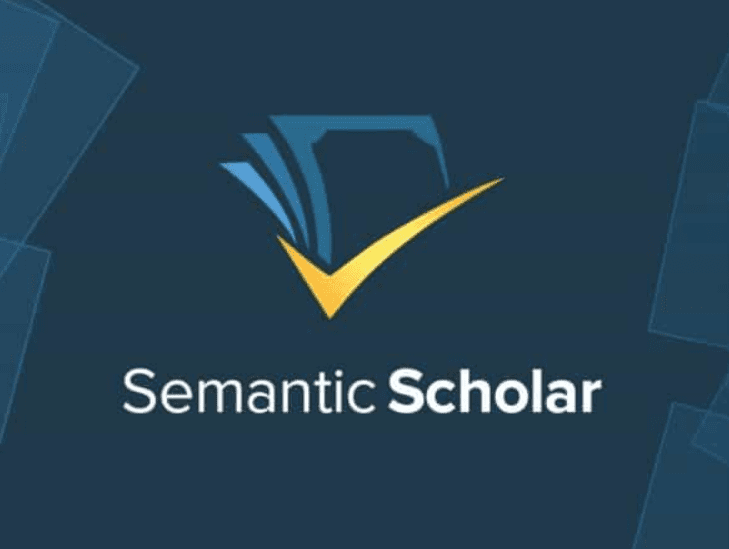
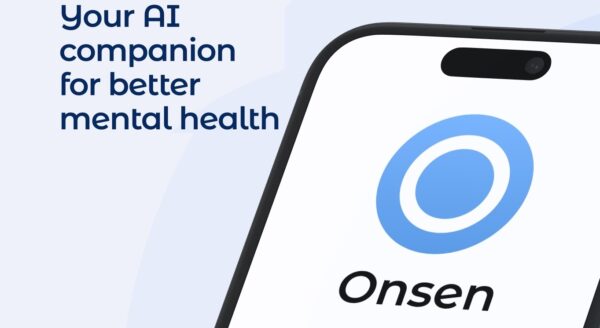


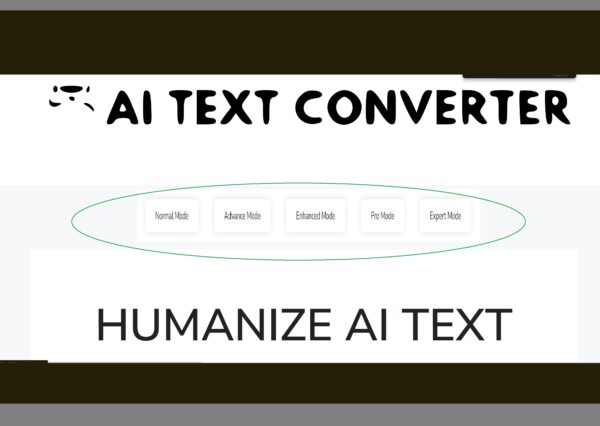


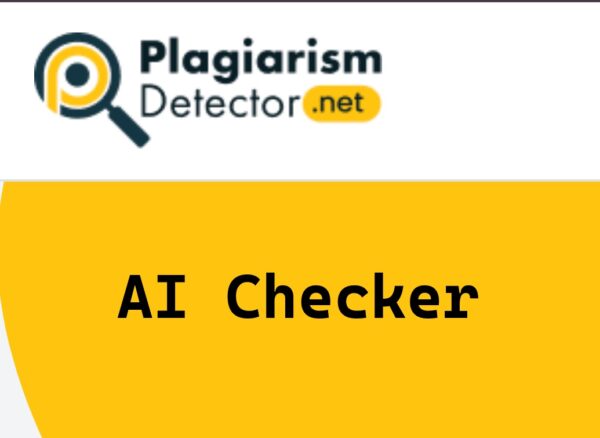



Leave a Reply
You must be logged in to post a comment.